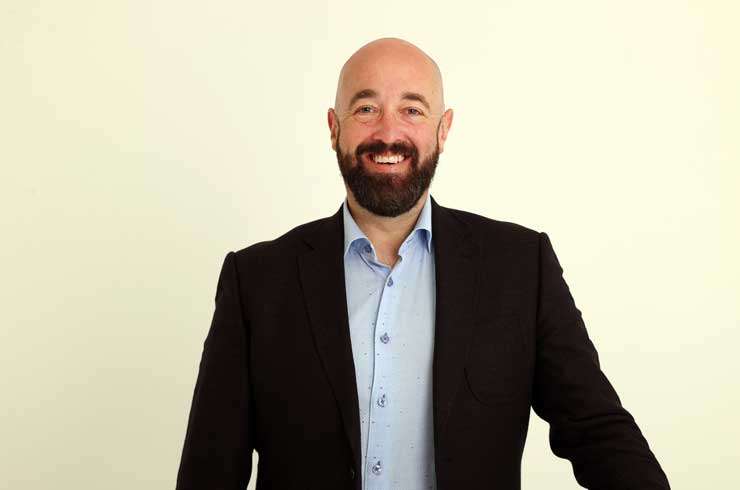ADVICE: Despite the best intentions of the Government, high-interest secondary debt (credit cards, overdrafts, store cards, etc.) remain very easy to sign up for. So easy, in fact, that when it comes time to apply for a mortgage, not all applicants are aware that their partner has any such debt. Put another way, a surprising number of people simply don’t know if their partner has significant secondary debt until having to disclose it to the bank.
This can obviously lead to some difficult conversations and, because we humans generally don’t like difficult conversations, the question of whether the debt can be hidden or “not disclosed” to the other party can come up. An applicant’s privacy is often stated as the basis for this.
Whether or not a life partner has the right to hide a debt when co-signing a mortgage is outside of my area of expertise. Regardless, there are a couple of stages in the process that the secrets will inevitably come out.
The first stage is the application process. Whether you’re working with a bank or a broker, all applicants should receive a copy of the application that is being submitted. This is to check for accuracy and is an opportunity to correct anything that may have been misinterpreted during the fact find stage. In this application, specifically the statement of position section, will be a clear table of all liabilities and who is guaranteeing them.
Start your property search
If for some reason, your co-homeowner doesn’t pick up on this, the next reveal may come in the Letter of Offer of Finance. Since December 1, 2021, getting a mortgage has become more difficult with the Credit Contracts and Consumer Finance Act.
Income, or more specifically the monthly expenses that reduce your income, is the big factor for how much you can borrow. The CCCFA requires banks and lenders to look in-depth at your monthly spending to see if a mortgage is affordable.
One potential outcome of your hidden debt, therefore, is that you won’t be able to borrow as much as you expected. A credit card with a limit of $10,000 reduces your ability to get a mortgage by about $46,000 regardless of the balance of the credit card. That’s important to know. Even a fully paid off credit card still affects your mortgage application.
A loan (for example, a hire purchase) with payments of just $100 per week will reduce the amount of mortgage you can get by around $57,000. Even 0% interest store cards require a payment eventually and banks must assume that, at some point, interest will start being charged. All of these debts will affect your mortgage application and how much you can borrow.

Mortgage Lab founder Rupert Gough: “Ripping the band-aid off before applying will make it a lot less awkward in the future.” Photo / Fiona Goodall
If you haven’t been paying your debts on time, the bank will likely decline your application. Their view is if you can’t pay your credit card on time, the odds of you paying your mortgage on time is low. For each debt, credit reports list whether the payment was made on time or, if not, how late it was paid. One or two missed payments might sneak through but regular late payment is a deal-breaker for banks.
Another outcome could be that a helpful mortgage assessor offers a larger mortgage approval, conditional upon you paying off the debts. This is likely to happen if you have, say a $10,000 credit card limit but nothing owing on it. In an effort to be helpful, an assessor could approve you for an extra $50,000 but with the condition that the specific credit card is paid off. If that happens, your Letter of Offer will list all of the debts to be paid off and will be impossible to hide.
So what can you do if you already have debts? Your first option is to close them and commit to not taking any more out, at least without consulting your partner. If the debts are paid off and closed, no disclosure is required on the mortgage application. Your credit card will show them as closed (after a week or so) and no further action is required.
The second option is to have the difficult conversation now, before applying for a mortgage. The application process is specifically designed to find anything that will affect your ability to pay. The bank will see the debt and it will come out eventually. Ripping the band-aid off before applying will make it a lot less awkward in the future.
- Rupert Gough is the founder and CEO of Mortgage Lab and author of The Successful First Home Buyer.


































































